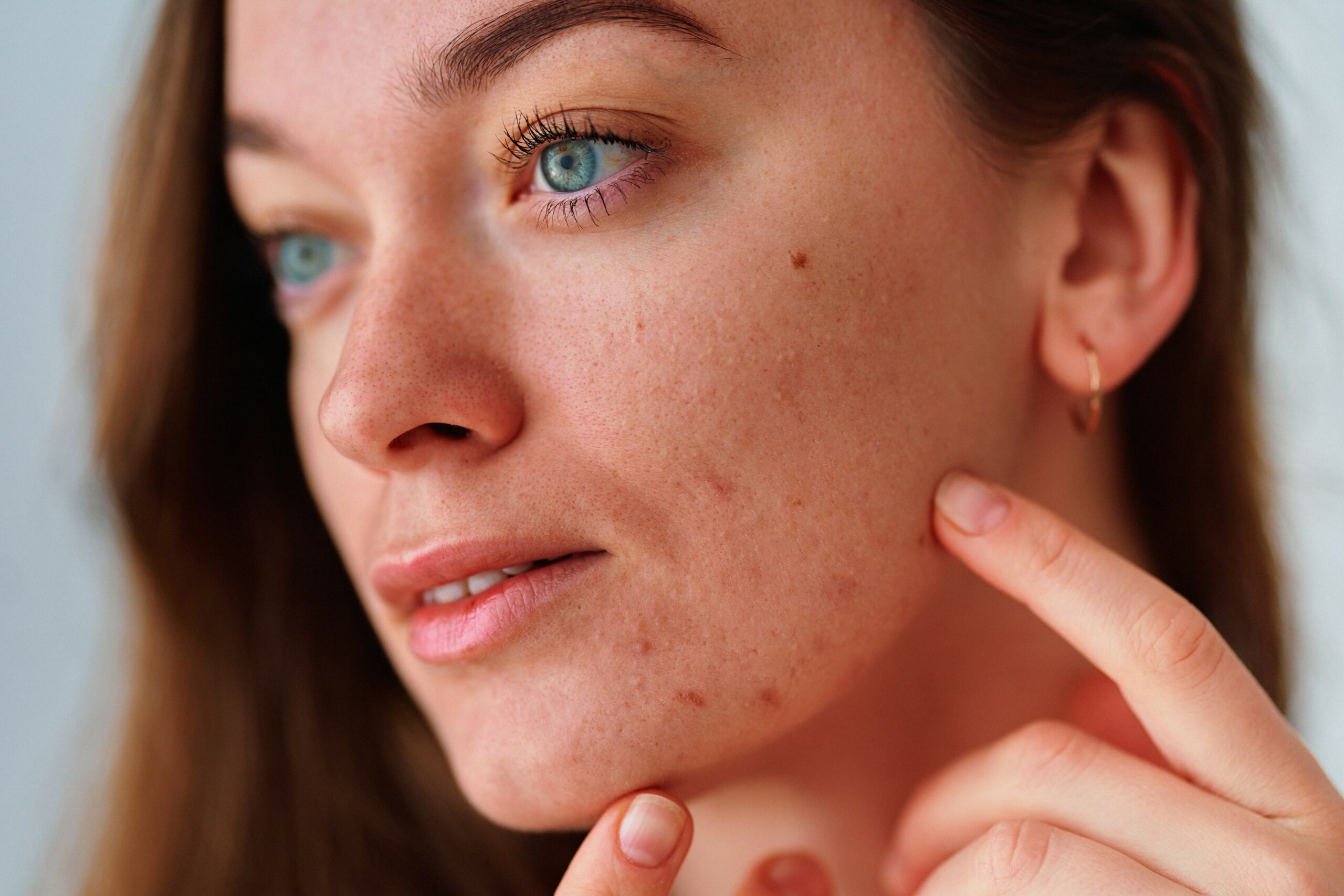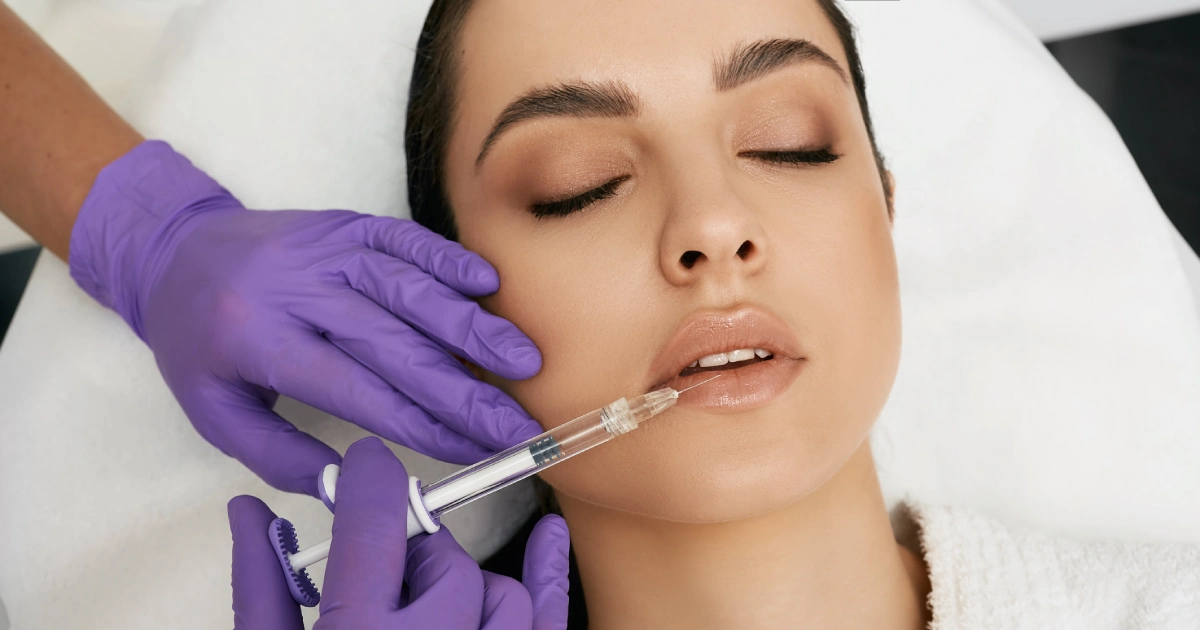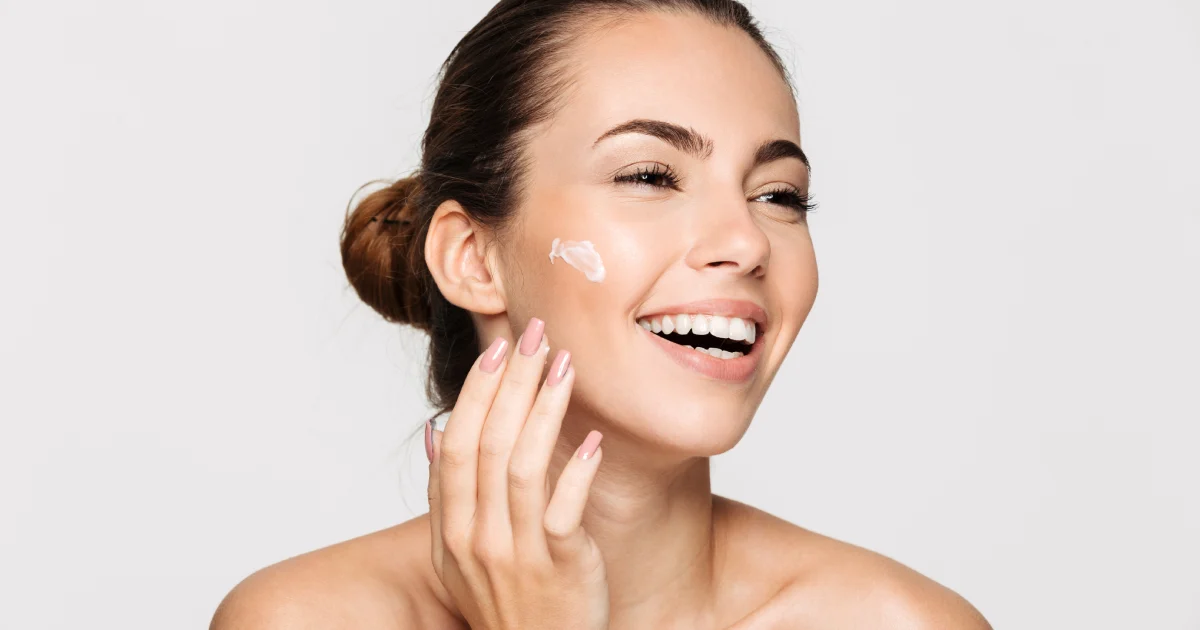Medical Grade Facials
Medical-grade facials are professional skin care treatments performed by licensed medical professionals in a medical setting, such as dermatologists or licensed aestheticians. These facials go beyond the standard facials offered in spas and salons, as they incorporate advanced technologies, medical-grade products, and specialized techniques to address specific skin concerns and achieve more significant results.
Critical features of medical-grade facials include:
- Customization: Medical-grade facials are tailored to the individual’s skin type, concerns, and goals. The medical professional assesses the patient’s skin condition and creates a personalized treatment plan.
- Clinical-Grade Products: Medical-grade facials use clinically proven skincare products with higher concentrations of active ingredients. These products penetrate deeper into the skin and target specific skin issues effectively.
- Advanced Techniques: Medical professionals are trained to use advanced techniques, such as chemical peels, microdermabrasion, dermaplaning, microneedling, and other medical-grade devices to improve skin texture, tone, and appearance.
- Targeted Skin Concerns: Medical-grade facials can address many skin concerns, including acne, hyperpigmentation, fine lines and wrinkles, sun damage, rosacea, and uneven skin tone.
- Non-Invasive Treatments: While medical-grade facials may involve more advanced techniques, they are typically non-invasive or minimally invasive procedures that do not require surgery or extensive downtime.
- Professional Oversight: Medical professionals perform these facials, ensuring that the treatments are conducted safely and with a deep understanding of skin physiology and potential complications.
- Long-Term Results: Medical-grade facials can provide more significant and longer-lasting results compared to traditional facials, as they target skin concerns at a deeper level.
Advantages of Medical Grade Facials
Medical-grade facials offer several advantages over standard facials provided in spas or salons. These advantages stem from the use of clinical-grade products, advanced techniques, and the expertise of trained medical professionals. In this part, these advantages are discussed.
Firstly, Medical-grade facials can be a personalized treatment as they are tailored to address each individual’s specific skin concerns and needs. The medical professional assesses the patient’s skin condition and customizes the treatment plan accordingly, maximizing the effectiveness of the facials. These facials also use skincare products with higher concentrations of active ingredients. These products are often backed by scientific research and have undergone rigorous testing, making them more potent and effective in improving various skin issues. They can also address many skin concerns, including acne, hyperpigmentation, fine lines and wrinkles, sun damage, rosacea, and uneven skin tone. Advanced techniques and potent products allow for targeted treatment of these issues.
Additionally, medical professionals are trained in using advanced techniques and technologies that exceed what is typically offered in standard facials. Chemical peels, microdermabrasion, dermaplaning, and microneedling can be incorporated into medical-grade facials to achieve more significant results. While medical-grade facials use advanced techniques, they are generally non-invasive or minimally invasive procedures, which means that they can provide noticeable improvements without the need for surgery or extended downtime. Another advantage is that they are performed by licensed medical professionals, ensuring that the treatments are conducted safely and with a deep understanding of skin physiology. Medical oversight helps reduce the risk of complications and provides the best patient outcomes.
Remember that Medical-grade facials can stimulate collagen production and promote skin cell turnover, improving skin texture, tone, and elasticity, resulting in a rejuvenated and more youthful appearance. All of these will result in an improved skincare regimen as recommended products are complement the effects of the treatment.
Various types of medical-grade facials
When choosing what medical-grade facials fit you the best, you can pick anything between DiamondGlow Signature, DiamondGlow Platinum, DiamondGlow Classic, and Clinical Facial. All these are customizable with add-ons, depending on your preference and the provider’s recommendations.
Preparation for medical-grade facials
Preparing for a medical-grade facial can help ensure you get the most out of the treatment and minimize potential risks or complications. Here are some helpful steps to follow when preparing for a medical-grade facial:
- Research and Choose a Qualified Provider: Before scheduling a medical-grade facial, research a reputable and qualified provider. Look for licensed dermatologists, plastic surgeons, or aestheticians with experience performing medical-grade facials. Review reviews and ask for recommendations.
- Consultation: Schedule a consultation with the medical professional performing the facial. Discuss your skin concerns, medical history, and any allergies during the consultation. Be honest about any medications, supplements, or topical skincare products you currently use.
- Avoid Sun Exposure: Minimize sun exposure and avoid using tanning beds for at least a week before your facial. Sunburned or excessively tanned skin can be more sensitive and prone to complications during the facial.
- Avoid Retinoids and Exfoliants: Stop using retinoids, alpha hydroxy acids (AHAs), beta hydroxy acids (BHAs), or other exfoliating agents a few days before the facial. These products can trigger skin sensitivity and may interfere with the facial procedure.
- Avoid Waxing: Prevent waxing or using hair removal creams on the areas to be treated at least a few days before the facial. Waxing can leave the skin sensitive and may interfere with the facial process.
- Stay Hydrated: Drink sufficient water in the days leading up to the facial to keep your skin hydrated and plump.
- Communicate Any Changes: If there have been any changes in your health or you are experiencing skin issues (e.g., rashes, breakouts), inform your medical professional before the facial.
- Follow Pre-Facial Instructions: Your medical professional may provide specific pre-facial instructions based on the type of facial you’ll be receiving. Follow these instructions carefully to ensure optimal results and safety.
- Arrive with a Clean Face: On a facial day, arrive with a clean face free of makeup, sunscreen, or other skincare products.
- Communicate During the Facial: Communicate openly with your medical professional about any discomfort or sensations you experience. Adjustments can be made to the treatment as needed to ensure your comfort.
Candidates for Medical Grade Facials
Medical-grade facials are generally suitable for a wide range of individuals who want to address specific skin concerns and significantly improve their skin’s appearance. However, certain factors may influence whether someone is an ideal candidate for a medical-grade facial. Some factors that must be considered in qualifying for medical-grade facials include skin type, skin concerns, medical history, pregnancy and breastfeeding, medications, recent cosmetic procedures, skin sensitivity, expectations and goals, and commitment to aftercare. Let’s elaborate.
To start, Medical-grade facials are best suited for individuals with specific skin concerns, such as acne, scarring, hyperpigmentation, melasma, fine lines and wrinkles, sun damage, uneven skin tone, enlarged pores, and dull complexion. The facial treatments can be customized to target these issues effectively. They can also be adapted for various skin types, including dry, oily, combination, sensitive, and normal skin. A qualified medical professional will assess your skin type and tailor the treatment accordingly. But above these, before undergoing a medical-grade facial, it is essential to disclose any medical conditions, allergies, or ongoing medical treatments to the medical professional. Certain medical conditions or allergies may impact the choice of products or procedures used during the facial.
Another thing to consider is pregnant or breastfeeding individuals as they may need to avoid specific facial procedures or products, as some ingredients may not be safe during this time. Always inform the medical professional if you are pregnant or breastfeeding. Some medications, such as oral retinoids, can make skin sensitive and prone to adverse reactions during facial treatments. Disclose all medications you are taking to the medical professional. Additionally, recent cosmetic procedures are also factors. If you have recently undergone cosmetic procedures like chemical peels and laser treatments, waiting until the skin has fully healed before considering a medical-grade facial is essential.
There are also individuals with susceptible skin who may need a patch test to assess how they react to the products used during the facial. In connection with this, you must also discuss your expectations and skincare goals with the medical professional during the consultation. They can help determine if a medical-grade facial aligns with your objectives. Another vital thing to consider is to have a commitment to the aftercare procedure. Following a medical-grade facial, proper aftercare is essential to maintain the results and support skin healing. Ensure you are willing to follow the recommended skincare regimen the medical professional provides. Lastly, schedule a consultation with the medical professional performing the facial. During the consultation, they will assess your skin, discuss your concerns, and determine if a medical-grade facial is appropriate.
Choosing the right medical professional and spa is crucial to maintaining the safety of medical-grade facials. Choose My Aesthetic Studio and get in touch today!







